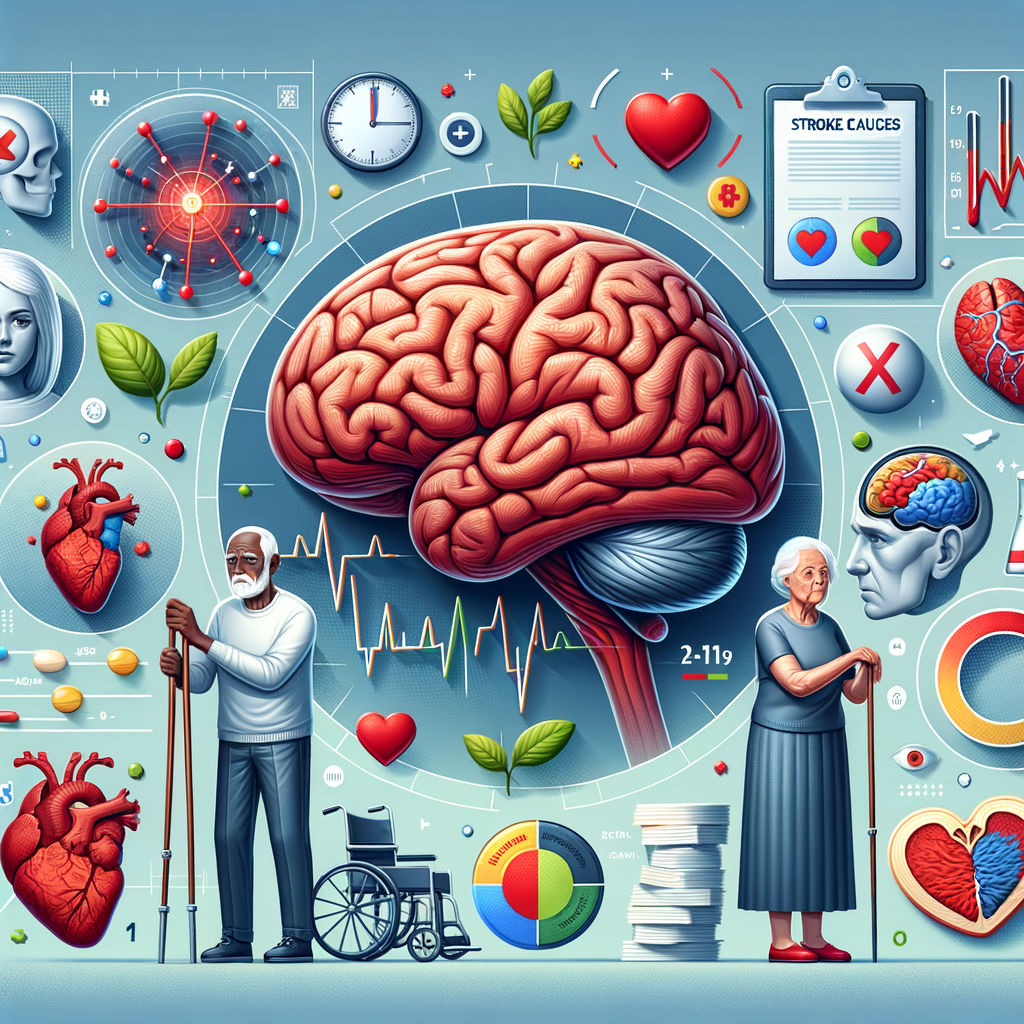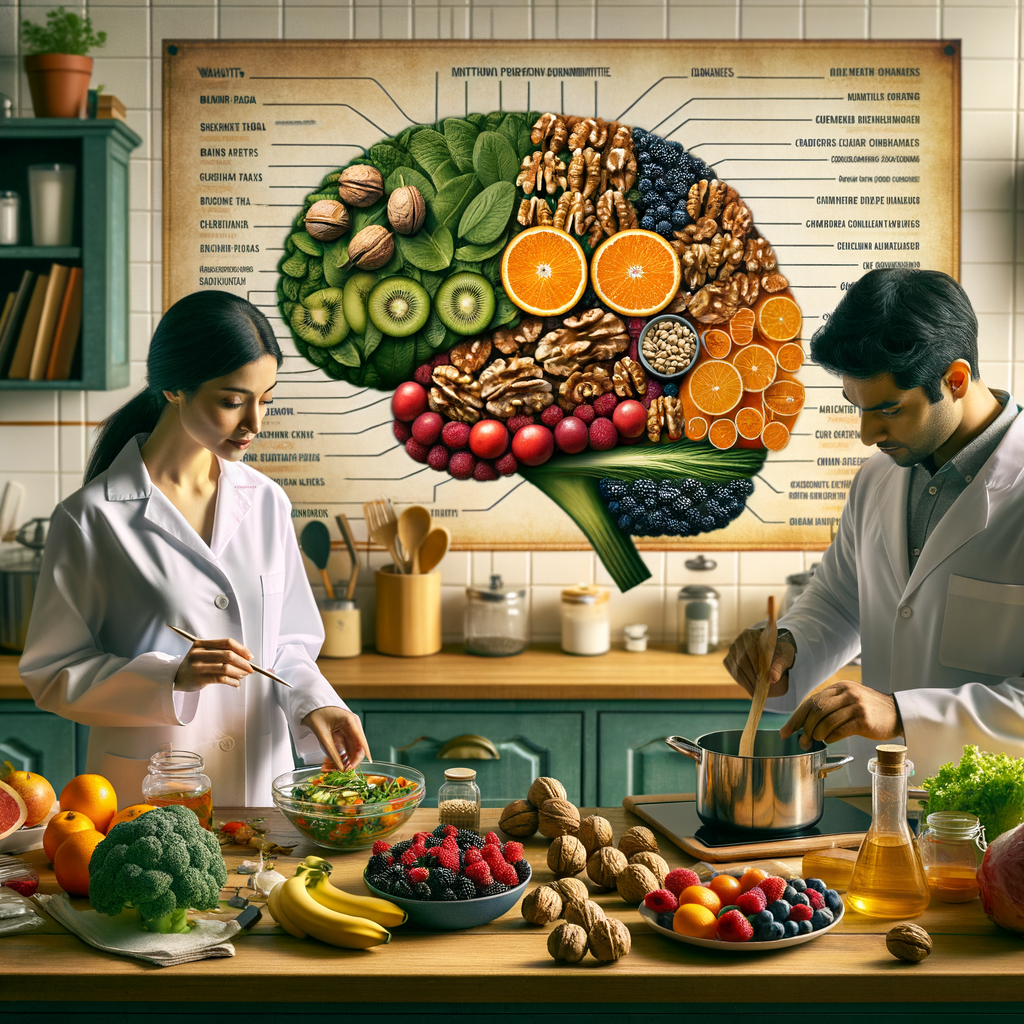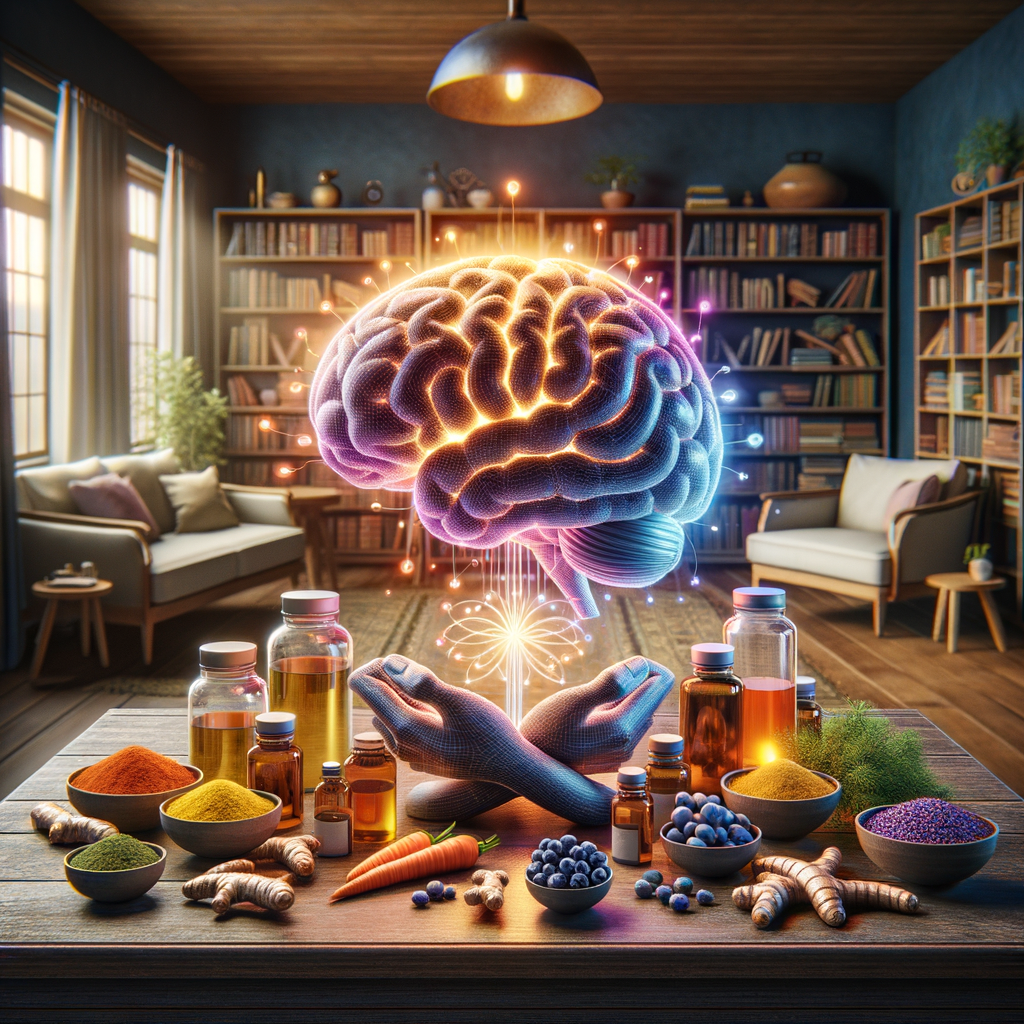Enhance Your Cognitive Functioning: Supplements, Home Remedies, and Dietary Tips
In a world that constantly demands more from our cognitive abilities, it is essential to invest in methods that can enhance our brain function. This blog will explore supplements, home remedies, and dietary strategies to increase cognitive functioning, allowing individuals to improve their memory, focus, and overall mental clarity.
Understanding Cognitive Functioning
Cognitive functioning encompasses various mental processes, including attention, memory, reasoning, and problem-solving. As we age or face increasing stressors, our cognitive health can decline. However, through careful attention to our lifestyle choices, we can significantly bolster our mental capabilities.
Supplements That Support Cognitive Health
There is a myriad of supplements that can aid cognitive functioning. These include:
- Omega-3 Fatty Acids: Found in fish oil, these fatty acids can improve memory and cognitive performance.
- Bacopa Monnieri: An herb traditionally used in Ayurvedic medicine, it has shown promise in enhancing memory and learning.
- Ginkgo Biloba: Often used for improving blood flow to the brain, it may support better memory and cognitive speed.
- Rhodiola Rosea: Known for its adaptogenic properties, it can help in reducing fatigue and improving focus.
- Vitamin D: Vital for overall health, a deficiency can lead to cognitive decline; supplementation can help maintain mental clarity.
Home Remedies for Cognitive Enhancement
In addition to professional supplements, several home remedies can contribute positively to cognitive function:
- Green Tea: Rich in antioxidants, green tea has been linked to improved brain function and memory retention.
- Turmeric: The active compound, curcumin, has anti-inflammatory properties that may protect against cognitive decline.
- Beetroot Juice: Known to enhance blood circulation, which can lead to improved brain function.
- Dark Chocolate: Contains flavonoids that may boost memory and enhance mood.
Dietary Tips for a Sharp Mind
A well-balanced diet is crucial for cognitive health. Consider incorporating the following food groups into your daily meals:
- Leafy Greens: Spinach, kale, and collards are rich in vitamins and antioxidants that benefit brain health.
- Berries: Blueberries, strawberries, and other berries are packed with antioxidants that support memory.
- Nuts and Seeds: Rich in healthy fats, these snacks can enhance memory and cognitive performance.
- Whole Grains: Foods like oatmeal, brown rice, and whole grain bread provide sustained energy for brain function.
- Fish: Salmon, mackerel, and other fatty fish are high in omega-3 fatty acids, crucial for brain health.
Conclusion
Enhancing cognitive functioning is a multifaceted approach that requires a commitment to supplementation, home remedies, and a balanced diet. By integrating these elements into your daily routine, you can significantly improve your mental agility and overall brain health. Remember to consult a healthcare professional before starting any new supplement or dietary regimen, especially if you have existing health conditions.
Ultimately, the path to enhanced cognitive abilities lies in nurturing your body and mind through thoughtful choices and informed practices.
There you have it… See what works for you…
Campbell M Gold
To Create Health, Wealth, Success, and Longevity through the Power of Your Subconscious Mind, Visit: Campbell M Gold.com
Visit The Store and see what else can be of help







